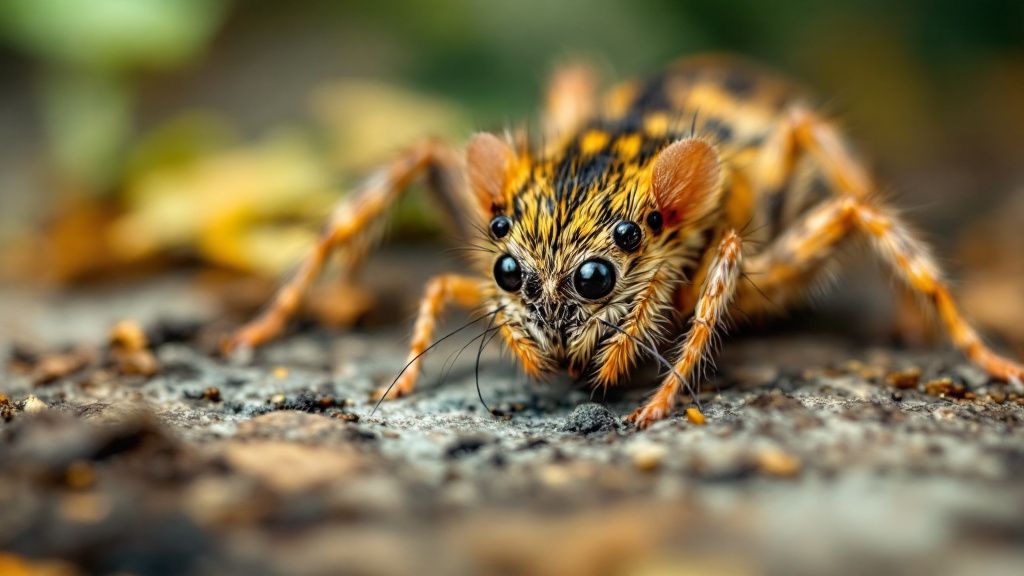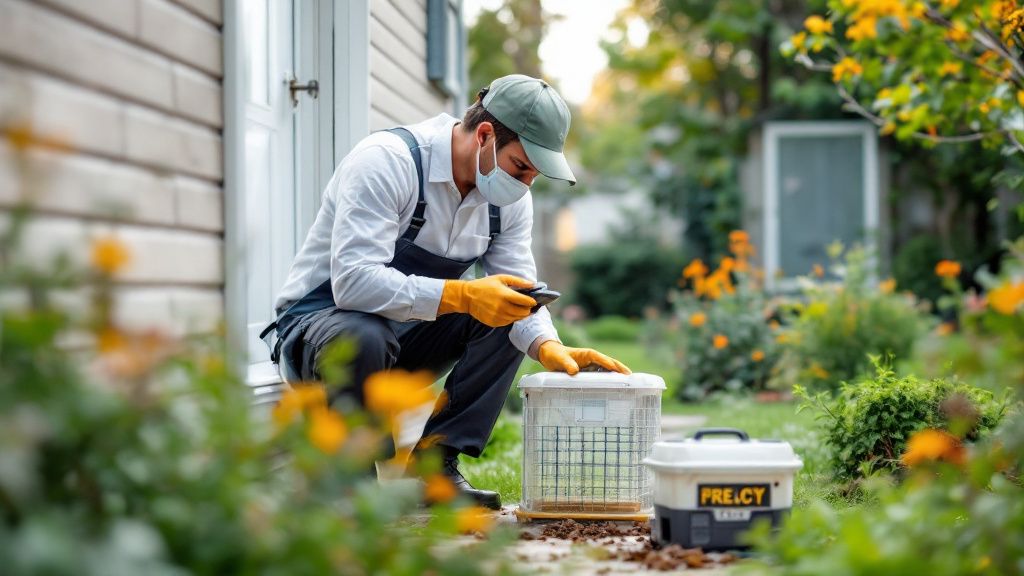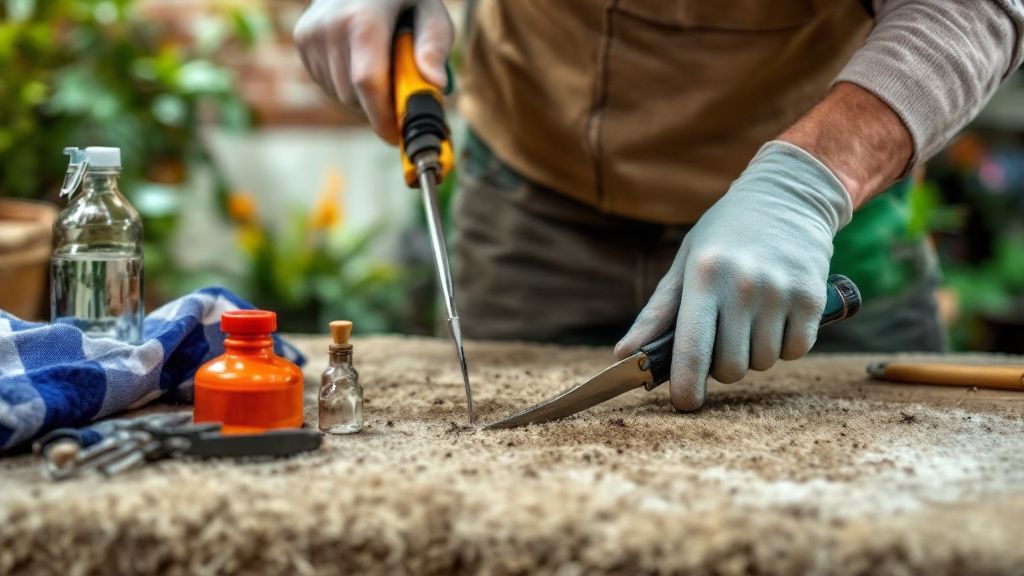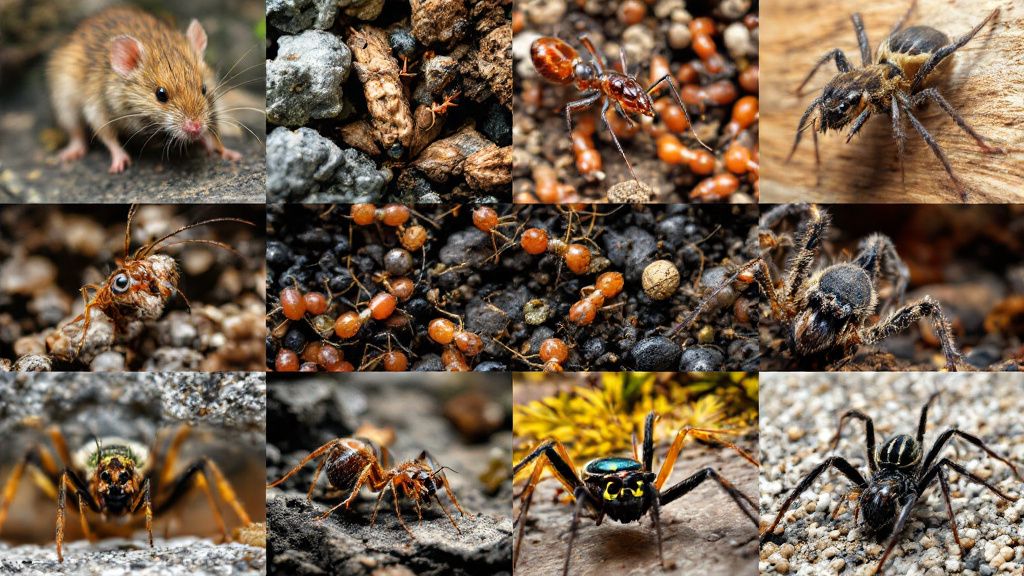Navigating the world of residential pest control in Oregon requires mastering effective strategies tailored to the unique needs of your home. Understanding local pest behavior and seasonal challenges empowers you to implement proactive solutions, ensuring your living space remains pest-free. From identifying common intruders like ants, spiders, and rodents to deploying preventive measures, you gain invaluable insights for maintaining a pest-resistant environment. By incorporating natural deterrents and safe chemical alternatives, you strike a balance between protection and environmental responsibility. This strategic approach not only curbs immediate issues but also fosters long-term pest management success, securing your household’s comfort and well-being throughout Oregon’s diverse climates.

Understanding Common Pests in Oregon Homes
Oregon’s natural landscape plays host to a variety of pests that can infiltrate your home, making understanding these invaders crucial for effective pest control. Ants, particularly carpenter ants, are notorious for their destructive behavior, tunneling through wooden structures unseen. Spiders and rodents often seek refuge indoors during colder months, posing both a nuisance and a health risk to residents.
Exploring the experiences of Portland families dealing with these pests sheds light on the challenges you may encounter. A closer examination of the Smith family’s battle with carpenter ants highlights the importance of early detection and tailored interventions. They successfully tackled the issue through a mix of natural deterrents and professional pest control services, minimizing damage and recurrence.
Beyond ants and rodents, pests like bed bugs and cockroaches can also disrupt household comfort. These pests thrive in cluttered or poorly ventilated areas, making regular home maintenance a key preventive measure. If their presence is suspected, prompt action can prevent a minor inconvenience from becoming a pervasive problem.
Proactive identification and management of typical Oregon pests lead to a more secure and comfortable home environment. Combining knowledge of local pest behaviors with appropriate countermeasures ensures your home remains a sanctuary, unaffected by the common pests that roam the Oregon landscape.

Seasonal Pest Behavior: What to Expect Year-Round
Understanding the seasonal behavior of pests is crucial for effective residential pest control in Oregon. Each season brings its own set of challenges, dictated by temperature and food availability. In the spring, as the weather warms, you encounter a surge in ant activity. They invade homes in search of food and moisture, a behavior that persists into the summer months. This is also the time when you might notice mosquitoes and flies proliferating, making outdoor areas less enjoyable.
As autumn arrives, pests like rodents and spiders begin moving indoors, seeking warmer shelters. You might start spotting them in basements and attics, areas where they can easily nest and multiply. Winter doesn’t necessarily spell relief, as cockroaches tend to thrive in heated environments and continue to pose a problem if left unchecked. Proactive measures should be taken throughout all seasons to keep these intruders at bay.
Tracing the evolution of Oregon’s pest behavior from the early 20th century, you can see a significant shift due to urbanization and climate changes. Historical accounts reveal how increasing temperatures and altered landscapes have heightened pest populations. For instance, milder winters have allowed pests like termites and beetles to extend their breeding cycles, posing year-round challenges. Understanding these patterns helps you anticipate and prevent infestation, ensuring your home remains pest-free throughout the year.
Equipped with this knowledge, you are better positioned to implement tailored pest control strategies at home. Seasonal pest behavior requires vigilance and timely interventions to maintain a healthy and comfortable living environment. With the right precautions, you can effectively navigate the fluctuations in pest activity that come with Oregon’s changing seasons.

Preventative Measures for a Pest-Free Home
Creating a pest-free home in Oregon involves implementing practical preventative measures that address the region’s unique challenges. Regular maintenance, such as sealing cracks in walls and gaps around windows or doors, effectively blocks entry points for common pests. Consistent cleaning, including removing food scraps and managing waste properly, reduces the attraction for insects and rodents, thereby decreasing potential infestations in your living spaces.
Landscaping plays a critical role in pest prevention. Keeping your yard tidy by trimming overgrown plants and removing debris can deter pests from nesting near your home. This also involves maintaining a safe distance between shrubbery and house walls, which minimizes the chance of pests migrating indoors. By taking these steps, you create an environment less conducive to unwanted visitors.
Looking ahead, preventative pest control measures are expected to evolve through technological advancements. Innovations like smart home monitoring systems may provide real-time alerts for pest activities, allowing for immediate action. Predictive analytics could offer insights into potential infestations before they occur, empowering you to safeguard your home efficiently and reduce reliance on chemical treatments.
Educating yourself about pest behavior and local trends ensures that you are prepared for any potential threats. By staying informed and adopting proactive strategies, you contribute to a resilient household. Your efforts not only protect against immediate issues but also promote a healthier living environment well into the future.

Natural Pest Control Methods That Work
Natural pest control methods provide effective solutions for maintaining a pest-free home in Oregon. Essential oils like peppermint and tea tree serve as powerful deterrents against various insects. By using these oils in spray bottles or diffusers, you can repel ants, spiders, and mosquitoes without the use of harmful chemicals, thus promoting a healthier living environment for you and your family.
Many gardeners suggest that certain plants offer natural pest resistance. Herbs such as basil, lavender, and rosemary are known to ward off pests when planted around your home. These plants not only serve as decorative elements but also as natural protectants against unwanted intruders. Cultivating a garden with these herbs can enhance your home’s pest defense system while adding aromatic and culinary benefits.
While many believe that only chemical solutions can effectively manage pest problems, there’s a strong case for embracing natural methods. These approaches align with environmental sustainability and minimize exposure to toxic substances. By opting for plant-based repellents and maintaining a balanced ecosystem, you capitalize on nature’s own methods to keep your home pest-free, demonstrating an effective counter to traditional pest control strategies.
Integrating these natural techniques into your pest management plan offers dual benefits of safety and effectiveness. By reducing chemical use and nurturing beneficial plant relationships, you create a sanctuary that resists pests naturally. This approach not only addresses current pest issues but also supports a sustainable future for your home and community.

The Role of Professional Pest Control Services
Professional pest control services play a vital role in safeguarding your Oregon home from persistent pest threats. These experts bring specialized knowledge and tools that are often beyond the reach of DIY methods, ensuring comprehensive management of complex infestations. By conducting thorough inspections, they precisely identify the type and source of pest issues, tailoring solutions that effectively target and eliminate the problem while minimizing disruption to your household.
Looking at pest control through the lens of proactive prevention, we can see that professionals do more than just eliminate current threats. They implement preventive strategies, such as sealing entry points and advising on home maintenance, which mitigate future pest risks. This perspective emphasizes the role of these services not only in exterminating pests but also in fortifying homes against subsequent invasions, fostering long-term peace of mind.
These services offer a balance between efficiency and minimal environmental impact. Using advanced, eco-friendly treatments, professionals can address pest issues without compromising your family’s health or the environment. This approach ensures that pest control practices are sustainable, reflecting a commitment to responsible management while delivering effective results tailored to Oregon’s unique climate and pest landscape.
The value of professional pest services lies in their ability to integrate sophisticated techniques with personalized care. By partnering with experts, you tap into a wealth of knowledge and resources that protect your home comprehensively. This collaboration enhances your pest management strategy, supporting both immediate solutions and enduring home protection.

DIY Pest Control Solutions for the Handy Homeowner
How does DIY pest control impact your household in Oregon? Embracing do-it-yourself methods empowers you with hands-on control over pest management, combining cost-effectiveness with personal efficacy. For the handy homeowner, common solutions like traps, baits, and repellents provide a pragmatic response to minor pest issues, allowing you to address problems swiftly before they escalate, ensuring a comfortable and pest-free living environment.
Utilizing natural remedies is a popular approach for sustainable DIY pest control. Ingredients such as vinegar, baking soda, and essential oils offer eco-friendly alternatives to commercial pesticides. By creating simple mixtures, you can deter pests like ants and spiders effectively. This method not only supports environmental health but also gives you peace of mind knowing your family is safe from harsh chemicals.
Basic home maintenance plays a critical role in your DIY efforts. Regularly inspecting and sealing potential entry points, such as cracks and window gaps, is a key preventative measure against pests. Keeping your home clutter-free and ensuring proper food storage reduces the likelihood of attracting unwanted guests. These practices enhance the overall effectiveness of your DIY strategy.
Customizing traps to target specific pests is another way to enhance your DIY pest control. Using localized methods like setting out peanut butter traps for rodents or placing sticky traps for insects allows for more efficient pest capture. This targeted approach ensures that you focus on the unique pest challenges of your Oregon home, delivering results tailored to your specific needs.
In the dynamic landscape of residential pest control, your ability to implement DIY solutions effectively demonstrates resourcefulness and adaptability. By taking charge of your pest management, you not only save on professional fees but also gain valuable skills that contribute to maintaining your home’s integrity in a cost-efficient and sustainable manner. Through these efforts, you transform your living space into a stronghold against common Oregon pests.


